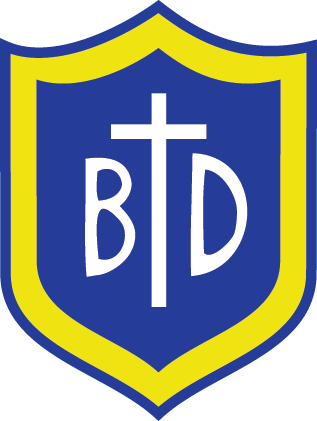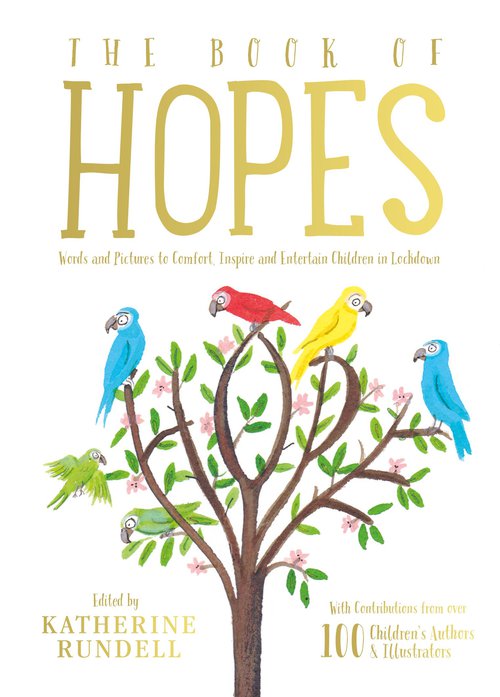Curriculum Support
Our remote learning provision is made up of two main digital learning platforms: Tapestry (EYFS) and Google Classroom (Yr1-Y6).
Tapestry is an easy-to-use, secure online learning journal that helps staff and families record children’s experiences using photographs and videos. It also enables users to keep a permanent record of children’s ‘learning journey’ which is stored securely and can be downloaded and shared as required. Parents are able to view online their child’s progress and communicate with staff.
Logins to online learning resources- The school subscribes to a number of online learning resources which can be accessed at home. It is essential that children and parents have access to the relevant login details from the start of the school year so that they are immediately available in the event of a closure of self-isolation.
Login details that should be included are:
- Google Classroom (Year 1- Year 6)
- Tapestry (Reception)
- Times Table Rockstars (KS2)
- Reading Eggs
- Spag.com
Online Learning Resources:
Times Table Rockstars – All children from Year 1 to Year 6 have a logon for Times Tables Rockstars. This is a fantastic website that supports children in learning their times tables.
Once your child has logged in they should play in Garage mode. This has an automatic training mode which starts with easy times tables and as the children get them correct it adds in more and more times tables. This means that it is pitched at the right level for the children so they’re able to practise getting quicker at tables that they know rather than struggling over many that they don’t know.
Oxford Reading Owl – Free resources to support learning at home
- Advice and support for parents
- Educational activities and games
- Free eBook library for 3- to 11-year-olds
Reading Eggs – makes learning to read interesting and engaging for kids, with great online reading games and activities. Children love the games, songs, golden eggs and other rewards which, along with feeling proud of their reading, really motivate children to keep exploring and learning.
Spag.com – SPAG.com offers practice KS1 & KS2 SATs grammar & punctuation tests. Each practice SPAG test is instantly marked providing instant gap analysis.
White Rose Maths– The White Rose Maths ‘schemes of learning’ are hugely popular with schools in the UK and in many other countries, too. We also produce many other resources to help increase both fun and success in maths. Rooted in globally respected research, our resources are written by experienced, practising teachers and are available for pupils from nursery and primary years.
Website Links
BBC Bitesize– Explore our best videos, articles and quizzes for primary and secondary students and discover new Primary Catch-Up Lessons to get back on track. BBC Bitesize covers all subjects.
Topmarks– Topmarks has a range of educational resources, games and links to other websites covering all subjects.
Toy Theatre– Toy theatre is a collection of interactive educational games covering a range of subjects.
ICT Games– Educational maths and English games aimed at 5-8 year olds.
English
Phonics Play– Some free phonic games.
Maths
White Rose Maths – Together, we’re building a whole new culture of deep understanding, confidence and competence in maths – a culture that produces strong, secure learning and real progress. No matter what their starting points, we help teachers and learners everywhere to achieve excellence.
Prodigy Maths Game – Sign up for free access to Prodigy Math Game world, where you answer maths questions to complete epic quests and earn in-game rewards. For children at all levels.
SplashLearn– is a free resource for children from Reception to Year 6. Sign up to have a personalised learning path fit for catching up, enrichment or regular practice. Full of fun, interactive maths games.
Numbots- NumBots is all about every child achieving the “triple win” of understanding, recall and fluency in mental addition and subtraction, so that they move from counting to calculating.
The Book of Hopes
Completely free for all children and families, the extraordinary collection of short stories, poems, essays and pictures has contributions from more than 110 children’s writers and illustrators, including Lauren Child, Anthony Horowitz, Greg James and Chris Smith, Michael Morpurgo, Liz Pichon, Axel Scheffler, Francesca Simon and Jacqueline Wilson.
The collection, published by Bloomsbury, is dedicated to the doctors, nurses, carers, porters, cleaners and everyone working in hospitals.
The Book of Hopes is currently available to read online only. Bloomsbury intends to publish a gift book based on the project in support of NHS Charities Together. Please visit @KidsBloomsbury for further updates.
Foundation Subjects
PE:
Joe Wicks’ Workouts – Access a variety of different types of workouts to stay active on Joe Wicks’ youtube site: The Body Coach TV.
Cosmic Kids Yoga – Cosmic Kids Yoga are interactive adventures which build strength, balance and confidence – and gets kids into yoga and mindfulness early! Each episode is its own story, so you can enjoy the Cosmic Kids series in any order.
Go Noodle for Families– A wide range of fun dances for children to learn and help them stay active.
Geography:
National Geographic Kids – Discover cool fun facts about space, bugs, animals, dinosaurs, and so much more!
History:
Horrible Histories – Horrible Histories is a hit CBBC show that explores the side of history that they don’t teach you about in school! From the Vicious Vikings and Awful Egyptians to the Slimy Stuarts and Terrible Tudors, Horrible Histories covers the funniest, yuckiest and most gruesome bits of history for kids.
Science:
SciShow Kids – SciShow Kids explores all those curious topics that make us ask “why?” Whether conducting experiments, researching new questions, or talking with experts, there’s always something new to discover with SciShow Kids, no matter what your age!
Computing:
Hour of Code– Trying an Hour of Code is a simple and fun way to introduce students to computer science.
Blockly Games– Blockly Games is a series of educational games that teach programming. It is designed for children who have not had prior experience with computer programming. By the end of these games, players are ready to use conventional text-based languages.
Online Safety
Online safety is of paramount importance, especially as children are doing more and more online. These are the sites that the government are recommending for parents to access for more information:
Children should know how to raise concerns while online
- Childline – for support
- UK Safer Internet Centre – to report and remove harmful online content
- CEOP – for advice on making a report about online abuse
Support for parents and carers to keep their children safe online includes:
- Thinkuknow provides advice from the National Crime Agency (NCA) on staying safe online
- Parent info is a collaboration between Parentzone and the NCA providing support and guidance for parents from leading experts and organisations
- Childnet offers a toolkit to support parents and carers of children of any age to start discussions about their online life, to set boundaries around online behaviour and technology use, and to find out where to get more help and support
- Internet Matters provides age-specific online safety checklists, guides on how to set parental controls on a range of devices, and a host of practical tips to help children get the most out of their digital world
- London Grid for Learning has support for parents and carers to keep their children safe online, including tips to keep primary aged children safe online
- Net-aware has support for parents and carers from the NSPCC and O2, including a guide to social networks, apps and games
- Let’s Talk About It has advice for parents and carers to keep children safe from online radicalisation
- UK Safer Internet Centre has tips, advice, guides and other resources to help keep children safe online, including parental controls offered by home internet providers and safety tools on social networks and other online services
Government has also provided:
- support for parents and carers to keep children safe from online harms, includes advice about specific harms such as online child sexual abuse, sexting, and cyberbullying
- support to stay safe online includes security and privacy settings, blocking unsuitable content, and parental controls

